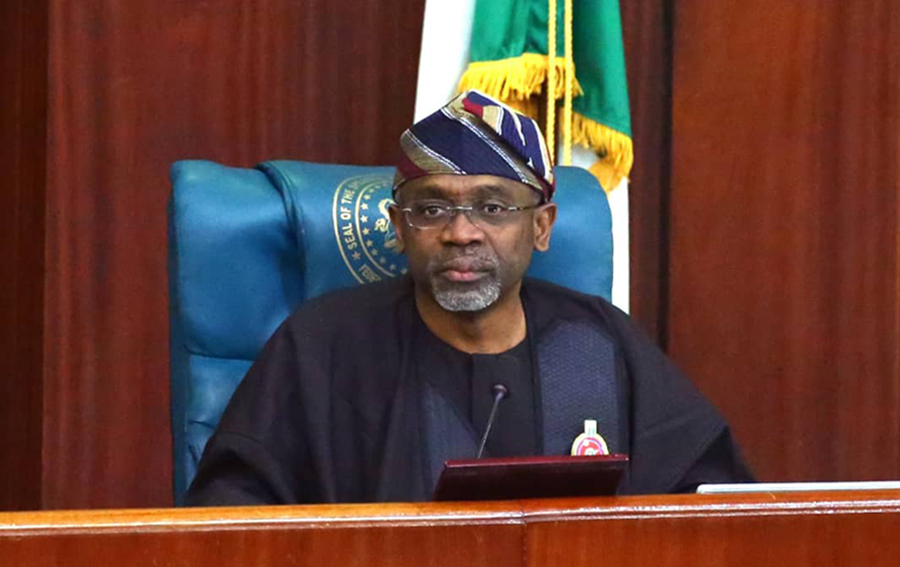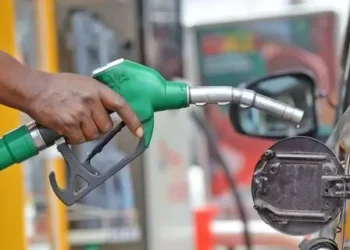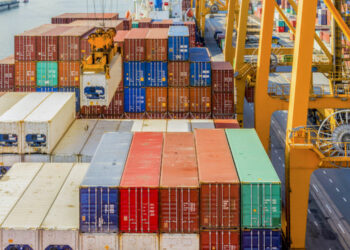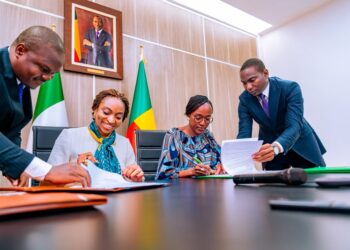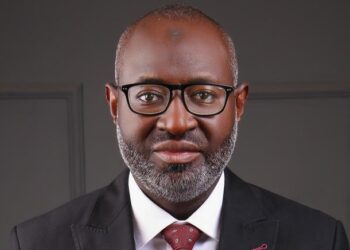Speaker of the House of Reps, Femi Gbajabiamila, said that the closure of Nigerian shops contravenes ECOWAS trade protocols and calls for a decisive solution between both countries.
This was disclosed in a statement by the Speaker on Wednesday. He said he spoke with the Minister of Foreign Affairs, Godfrey Onyeama and the Minister of Trade, Otunba Niyi about the situation in Ghana.
READ: Border closure: Senate to probe closure of Nigerian businesses in Ghana
Discussed yesterday with the Minister of Foreign Affairs, @GeoffreyOnyeama, on the situation in Ghana as it affects our citizens. He is very much on top of it, together with the Minister of Trade, Otunba Niyi Adebayo, who is also in touch with his counterpart in Ghana. pic.twitter.com/9IiXT7vuL0
— Femi Gbajabiamila (@femigbaja) August 19, 2020
He also added that Nigeria’s Minister of Trade is also in contact with his counterpart in Ghana over the situation.
“The happenings in Ghana are indeed against the spirit of the ECOWAS protocol and must be dealt with decisively in the interest of both countries,” he said.
READ: World’s largest fertilizer firm to commission multi-billion plant in Nigeria
On Monday, Nigeria’s Minister of Foreign Affairs, Godfrey Onyeama, summoned Ghana’s Chargé d’Affaires to Nigeria, Ms. Iva Denoo, to discuss the closure of Nigerian-owned shops in Accra.
Onyeama also met with a delegation from the Nigerian Traders in Ghana to propose steps towards ensuring that the traders get their shops reopened. The delegation of Nigerian traders was led by Mr. Jasper Emenike, the National President of Progressive Ambassadors of Nigeria (PAN) and Hon. Ruth Ango, the National Director (PAN).
As you may well know, Nigerian-owned shops in Accra markets were, last week, closed by Ghanaian authorities. Also, members of the Local Union of the Ghana Union of Traders Association in Koforidua, Eastern region, on Thursday complained about foreigners entering Ghana’s retail space.
A Nigerian trader in Accra, Mr. Francis Onisa, complained in a viral video that he has had all his business permits fully registered since 2007 and yet, Ghanaian authorities are now forcing him to bring $1 million before he can be able to re-operate his shops in Accra.

